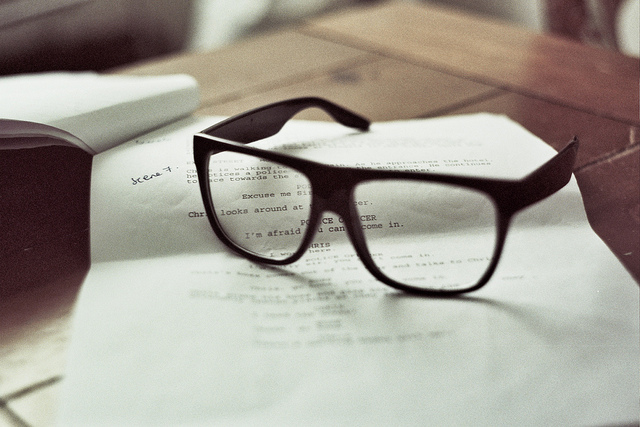The key difference between drama and theater is that drama refers to a printed text of a play while theater refers to the onstage production of the play. Another difference between these two terms is the interpretation of the play. As explained above, the interpretation of the play presented by the onstage production might be different from the interpretation obtained by reading the drama. In a drama, there is a direct interaction between the audience and the creator. However, in theater directors, actors and designers play as intermediaries. In addition, a theater is a physical entity while drama is an abstract entity.


